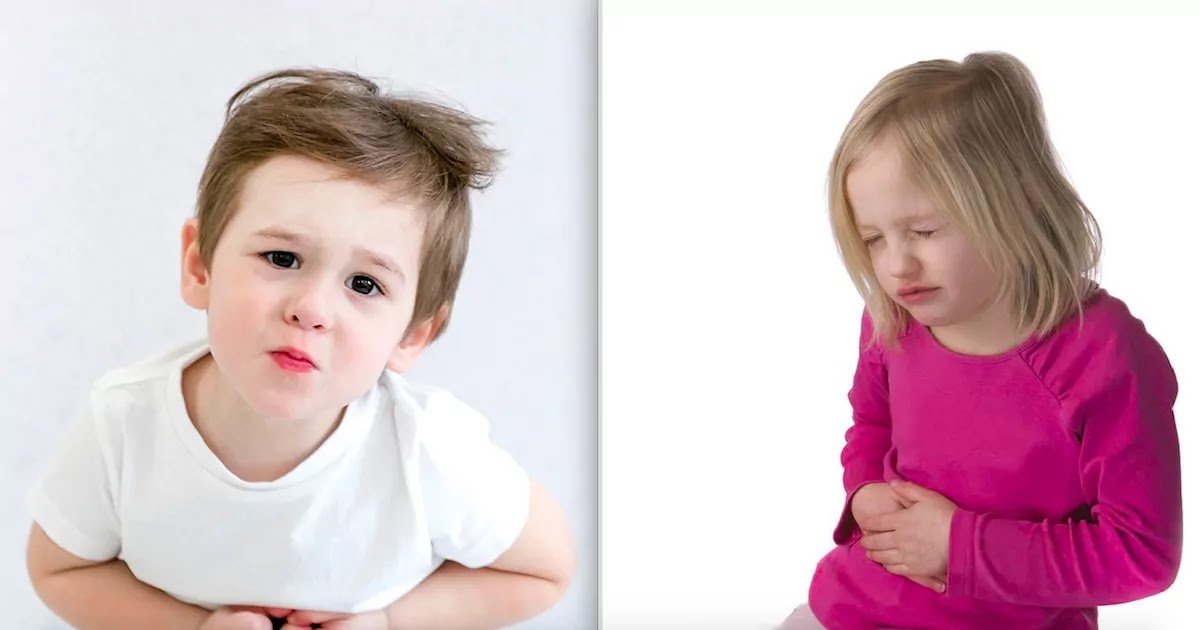
This is a period in all of our lives when we will likely be feeling a lot more anxious, stressed and out-of-sorts. Many of us are likely to be demonstrating key features of stress and anxiety such as, upsetting thoughts, excessive worry about ourselves and others, and even full-blown panic attacks.
Many of us though, including a lot of parents, aren't able to pick up on when their child is anxious, often because the symptoms of anxiety manifest themselves differently. Yes, we all know that if a child says they are worried, or they are acting in a scared manner, then they are likely anxious, but more ongoing, low-level, and long-lasting anxiety is much harder to spot.
Anxiety symptoms in a child often manifest themselves as stomach aches and feeling sick. Sore stomachs happen to all children from time to time, but if it is ongoing then there may be an underlying problem with stress.
Of course, any frequent symptom of illness should always be checked out by a doctor, but if this symptom has no other explanation, it may well be anxiety. In that case, parents should think about what their child is exposed to and what may be bringing this about.
Other often overlooked symptoms include:
- Difficulty sleeping
- Changes in appetite
- Headaches
- Dizziness
- Restlessness
- Irritability
- Refusal to go to school
- Sensitivity
To relieve your child's anxiety, there are steps that can be taken:
1. Explain and inform
The first thing you must do is speak to your child and ask them if anything is bothering them. Always be willing to understand them and propose real solutions, not just say 'it is nothing to worry about'. The things that deeply worry children are often trivial things to adults, but we have learned how to cope over many years, experience a child does not have. This goes for young children as well as teenagers.
2. Positive affirmations
We must also speak with our children in a positive light and assure them that any issue can and will be dealt with. Guaranteeing their safety and proposing a viable solution will likely stop most issues. Also, if required, speak to their school and see what other solutions may be developed.
3. Breathing Techniques
You can also then try to teach your child coping techniques as to how to best cope with the worry, such as talking to you about those worries, about dealing with incidents when they arise, even breathing techniques can be of assistance.
Keep an eye out for potential unexplored anxiety in those you care for and be ready for them when they need it. Anxiety affects us all, including all children at one time or another, but tackling it early, stops it from becoming a chronic, disabling condition.













COMMENTS